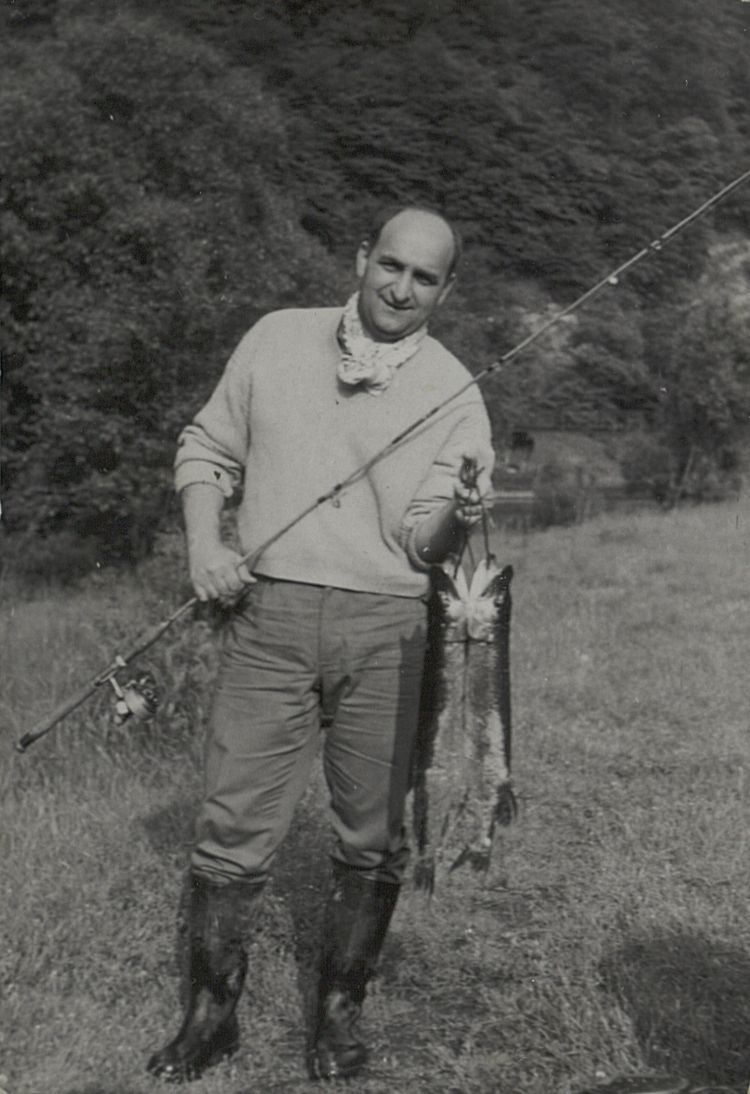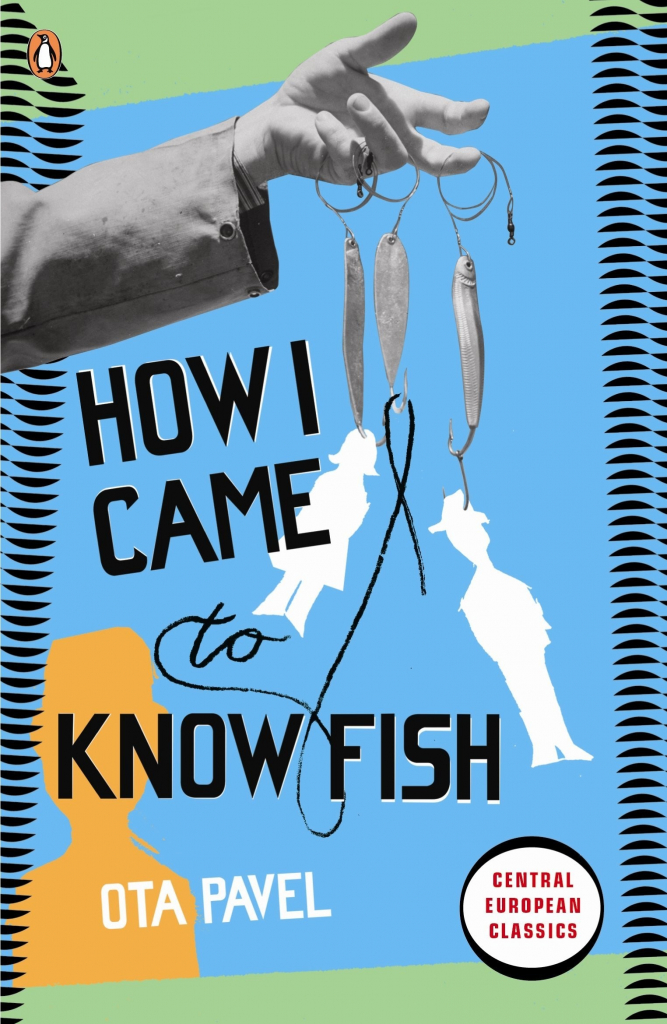One of the most important Czech writers of the twentieth century, Ota Pavel, who died prematurely in 1973 at the age of forty-three, would celebrate his 90th birthday on Thursday, July 2, 2020.
To mark the anniversary of the famous writer’s birth, Supraphon has published an extensive audiobook on 2CD-MP3 and in digital formats, which contain almost nine hours of recordings from the 1970s and 1990s as well as completely new recordings from the book Povídky z šuplíku.

A number of young Czech performers provided voices for the audiobook, including the National Theater’s Igor Orozovič who said of the experience:
“Ota Pavel is the essence of Czech culture for me. I have the impression that the way he felt, all Czechs would like to feel. In his stories, humanity is with all the twists and turns, love for the homeland and nature, beauty, sadness, and fun, and all this is served with incredible sincerity, ease, and amazing literary quality.”
Pavel’s best-known work in English translation is How I Came to Know Fish, comprised of stories that reflect an idyllic childhood before the outbreak of World War II and then into the war when Pavel’s Jewish father and two older brothers are sent to concentration camps as he stayed behind with their Christian mother. All miraculously returned alive.

Throughout the slender volume, Pavel shares poignant stories about fishing the Berounka river as well as stealing fish from his family’s own pond during the Nazi occupation.
Pavel was a sports journalist who suffered a mental breakdown while covering the 1964 Olympics in Innsbruck. He spent most of the rest of his life in mental hospitals, where he wrote the book which was first published in 1971. He is buried in Prague at the New Jewish cemetery in Žižkov, next to his father.
Also in English translation, Golden Eels; a number of his works have been turned into multiple film adaptations including Smrt Krásných srnců (Forbidden Dreams)which centers on the psychological crisis of a quiet Bohemian family man in the years preceding the Nazi invasion:
Says Pavel Jiras, film historian and author of the Barrandov and Foreign Film, on this 1987 drama based on Pavel’s memoir:
“It reflects the basic poetics of the Czech country. Beautiful nature where one can retreat in the toughest times. And that is the most important — escape to beloved nature because it gives a person the opportunity to find beauty in themselves. What would the river be if there was no sound of a harmonica behind the water?”
Have you read the 100 greatest Czech books of the century? See more here.
What is your favorite Czech book in translation?












 Reading time: 2 minutes
Reading time: 2 minutes 


























